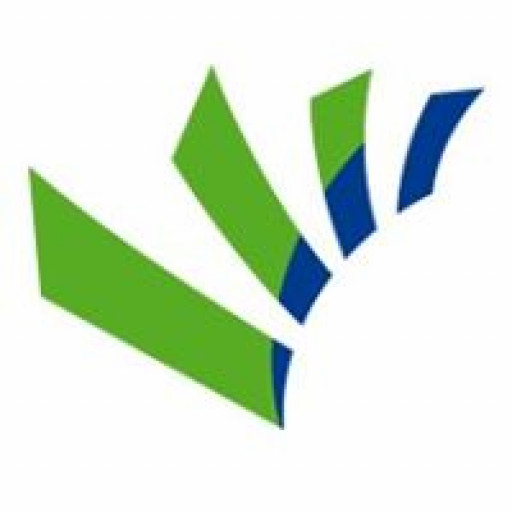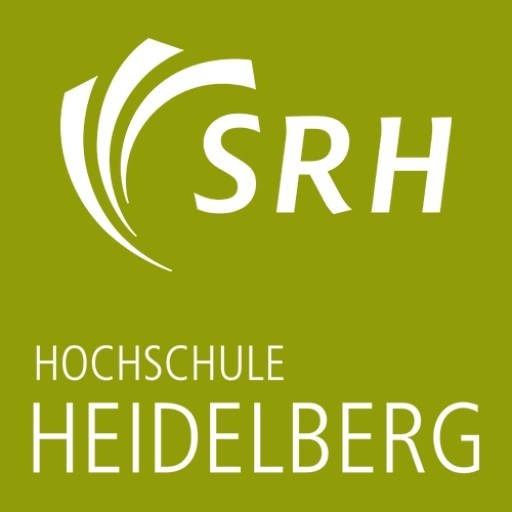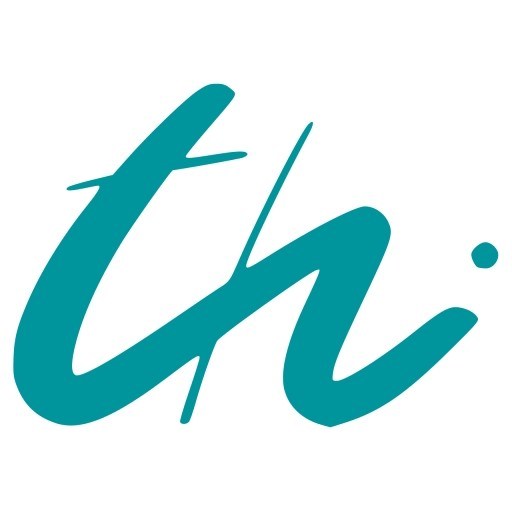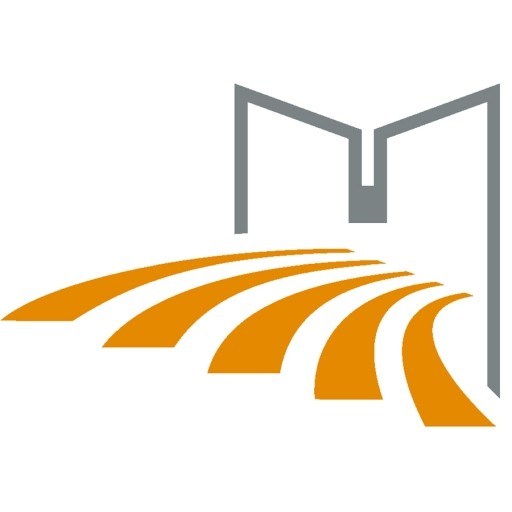Photos of university / #tu.muenchen
The Master’s degree program in Informatics at the Technical University of Munich (TUM) offers a comprehensive and advanced education in the core principles and emerging fields of computer science. Designed for students who wish to deepen their knowledge and develop specialized skills, this program combines rigorous theoretical foundations with practical, hands-on experience, preparing graduates for leadership roles in research, industry, and academia. The curriculum covers a broad spectrum of topics including algorithms, data structures, software engineering, databases, artificial intelligence, machine learning, cybersecurity, human-computer interaction, and data science. Students have the opportunity to tailor their studies by choosing from various specialization tracks, allowing them to focus on areas aligned with their career goals and interests, such as robotics, computational science, or digital innovation.
The program emphasizes interdisciplinary learning, encouraging collaboration across multiple fields to address complex real-world problems. Students benefit from TUM’s state-of-the-art laboratories, research centers, and close ties with industry partners, fostering innovation and entrepreneurial thinking. The international environment promotes cultural exchange and exposes students to global perspectives in technology and research. Through projects, theses, and internships, students gain valuable industry experience and develop practical skills essential for their professional development. The master’s program typically takes two years to complete, with options for semester abroad and participation in joint research initiatives. Graduates leave equipped with a solid theoretical background, practical expertise, and a network of professional contacts, positioning them to contribute significantly to technological advancement and digital transformation across various sectors.
• Software Engineering
• Databases and Information Systems
• Artificial Intelligence and Robotics
• Computer Graphics and Vision
• Computer Architecture
• Distributed Systems, Networks, and Security
• Formal Methods
• Algorithms and Scientific Computing
- In semester 2, in addition to the elective courses, you will undertake a practical project which involves using application-specific methods and working in teams on a defined area of informatics. Students learn how to document their approach and present the results.
- In semester 3, in addition to the elective courses, you will take a seminar class in which you will independently investigate and analyze scientific literature on a specific topic and produce a seminar paper. You will then present and discuss the results. In this semester, you can also take a further practical course or research project.
- In semester 4, you will work on your master's thesis which involves the independent, in-depth study of a chosen area of informatics. You are required to develop a solution to a specific problem and analyze, evaluate, and document your methods and processes.
- Online-application
- Transcript of records of bachelor’s degree or equivalent (officially authenticated copy)
- Valid passport or personal identity card (copy)
- Curriculum vitae
- Passport-size photo
- Statement of purpose (2 pages)
- Essay on a given topic (ca. 1000 words)
- Proof of English language proficiency
Financing studies at the Technical University of Munich for the Informatics program are designed to support students throughout their academic journey and minimize financial barriers to education. As a public university in Germany, TUM benefits from a funding structure that includes state subsidies, research grants, and tuition policies aimed at making higher education accessible. In Germany, most undergraduate and many master's programs are tuition-free or charge only a nominal semester fee, which covers administrative costs, public transportation tickets, and student services. For non-EU international students, certain fees may apply, but within the EU, students generally do not pay tuition fees for most programs.
Students are encouraged to explore various funding options including scholarships, grants, and loans. TUM offers several scholarship opportunities through its own foundation and partner organizations, specifically aimed at supporting talented students with financial need, including international students. These scholarships may cover partial or full tuition fees, living expenses, or research costs. The university also facilitates applications for external funding bodies such as DAAD (German Academic Exchange Service) Scholarships, which are available for international students and can provide significant financial support, covering tuition, accommodation, and living costs.
In addition to scholarships, students may seek financial assistance through student loans in Germany, which are often offered at favorable interest rates and repayment terms. Many students work part-time alongside their studies; the flexible work hours allowed under German regulations enable students to support themselves financially without compromising their academic progress. The campus and local community provide numerous job opportunities, including research assistant positions, internships, and on-campus employment.
Regarding living costs, students should budget for accommodation, food, health insurance, transportation, and study materials. TUM's location in Munich, a city known for its high quality of life and cultural opportunities, also means higher living expenses compared to other German cities. Therefore, proper financial planning is essential. Many students utilize a combination of personal savings, family support, scholarships, part-time work, and student loans to finance their studies.
International students are advised to prepare comprehensive financial plans before arrival and stay informed about available funding opportunities through TUM's financial support services and external funding organizations. The university's dedicated student services and financial aid advisors are available to assist with application processes for scholarships and loans, providing guidance on managing study-related expenses effectively. Overall, while the German public university system facilitates affordable education, proactive financial planning and seeking external funding are key components for successfully financing studies at TUM's Informatics program.
The Bachelor’s program in Informatics at the Technical University of Munich (TUM) offers a comprehensive education in the fundamentals and advanced concepts of computer science. This programme is designed to provide students with a solid foundation in algorithms, programming languages, software engineering, and data structures, along with the opportunity to specialize in areas such as artificial intelligence, machine learning, cybersecurity, data science, or human-computer interaction. The curriculum combines theoretical knowledge with practical skills, ensuring graduates are well-prepared for careers in industry, research, or further academic study.
Students engage in a variety of teaching formats, including lectures, seminars, laboratory exercises, and project work, often collaborating within diverse teams to develop practical solutions to complex problems. The program emphasizes interdisciplinary thinking, creativity, and innovation, reflecting the evolving landscape of informatics and its applications across different sectors. The university's strong ties with industry partners and research institutions provide students with opportunities for internships, collaborative projects, and networking, facilitating smooth transition into the job market or doctoral studies.
The program also promotes internationalization, offering exchange programs, joint degrees, and courses taught in English to attract students and faculty from around the world. This global orientation enriches the learning environment and prepares students to work in interconnected, multicultural settings. Graduates of the TUM Informatics program acquire not only technical expertise but also critical skills such as problem-solving, teamwork, and communication, which are highly valued in the digital economy. The program is accredited by relevant educational authorities, ensuring high academic standards and the recognition of the degree worldwide.
In addition to core computer science topics, the curriculum includes modules on mathematical foundations, software development methodologies, and systems architecture. Elective courses allow students to tailor their education according to personal interests and career aspirations. The program also encourages participation in scientific research and innovation projects, fostering a spirit of inquiry and discovery. Upon completion, graduates receive a Bachelor of Science (B.Sc.) degree in Informatics, enabling them to pursue master’s studies, engage in research, or enter the workforce as qualified informaticians ready to contribute creatively and effectively to technological advancements in various industries.










